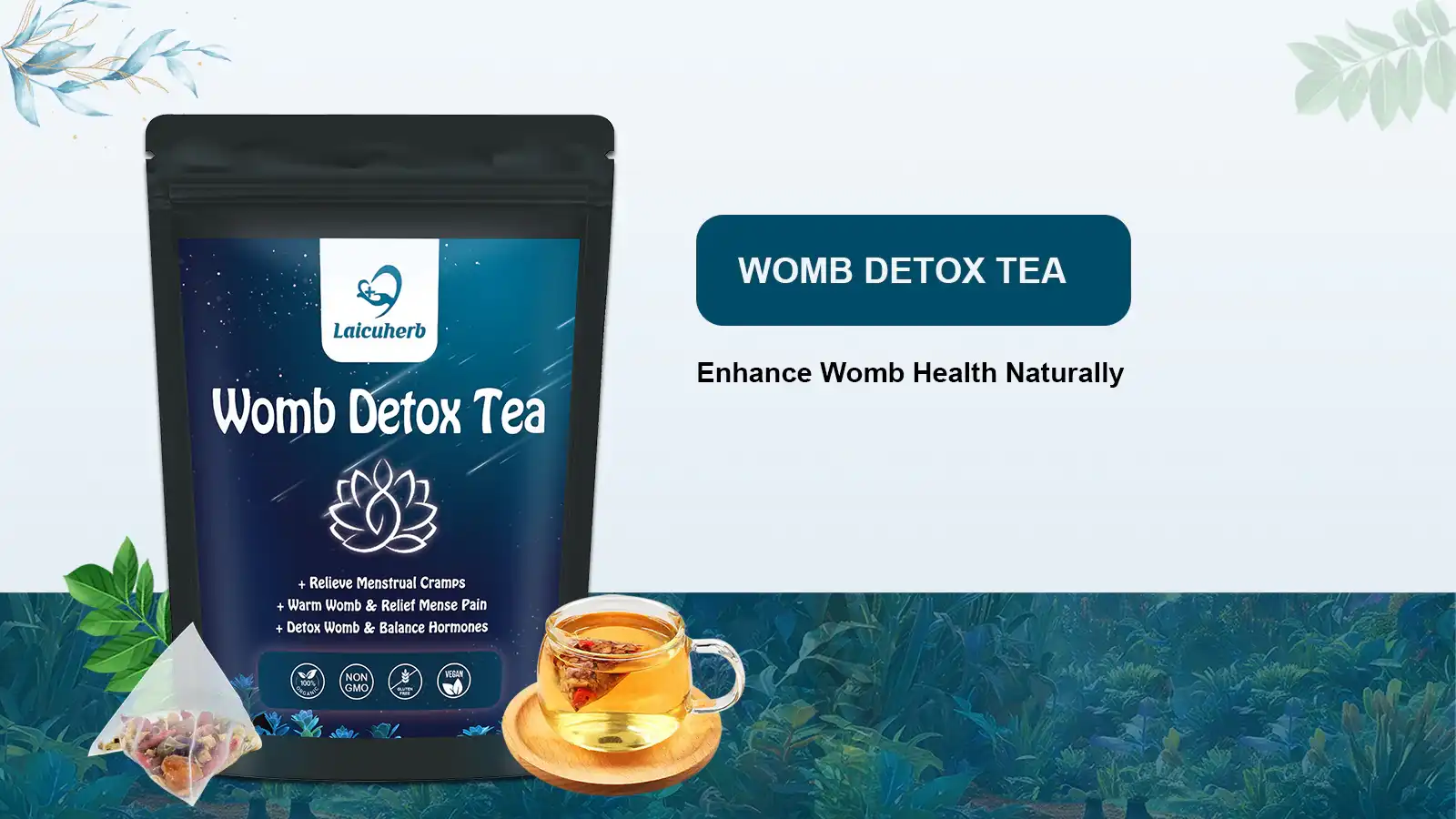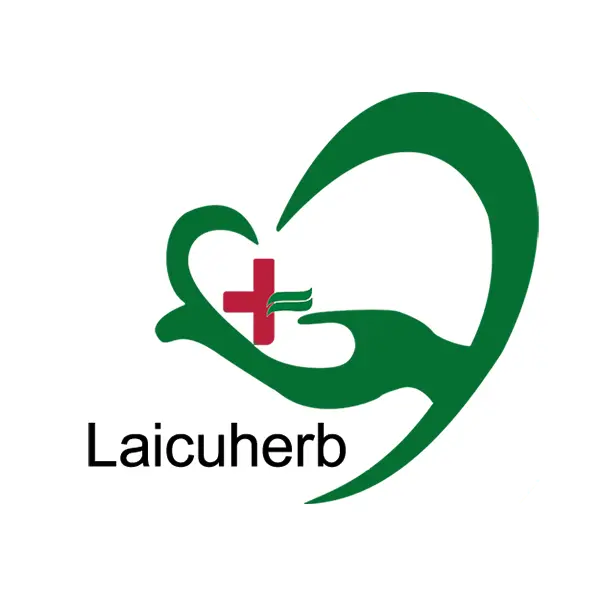How Womb Healing Tea Supports Hormonal Balance
Hormonal balance is crucial for overall well-being, especially for women. Womb healing tea contains a carefully curated blend of herbs that work synergistically to support the body's natural hormonal processes. The combination of herbs in this tea may help regulate menstrual cycles, alleviate PMS symptoms, and promote a sense of calm and balance.
The Role of Adaptogens in Hormonal Health
Numerous of the sauces set up in womb mending tea are classified as adaptogens. These important factory composites help the body acclimatize to stress and maintain homeostasis. By supporting the adrenal glands and regulating cortisol situations, adaptogens can contribute to bettered hormonal balance and overall well- being. The angelica root in this tea mix is known for its adaptogenic parcels. It may help reduce stress- related hormonal imbalances and support the body's natural capability to manage with colorful physical and emotional stressors. This, in turn, can lead to further regular menstrual cycles and bettered reproductive health.
Phytoestrogens and Their Impact
Some herbs in womb healing tea, such as red dates and peony flowers, contain phytoestrogens. These plant-based compounds mimic the effects of estrogen in the body, potentially helping to balance hormone levels naturally. For women experiencing hormonal fluctuations, the gentle support provided by phytoestrogens can be particularly beneficial.
It's important to note that while phytoestrogens can be helpful, their effects are typically milder than synthetic hormones. This makes womb healing tea a gentle and natural option for those seeking hormonal support without the potential side effects associated with hormone replacement therapy.
Best Herbs for Womb Healing and Detoxification
The carefully selected herbs in womb healing tea offer a range of benefits for reproductive health and overall well-being. Each ingredient has been chosen for its specific properties that support womb healing and detoxification.
Longan: The Nourishing Fruit
Longan, often referred to as "dragon eye" fruit, is rich in vitamins and minerals. It's known for its ability to nourish blood and support overall vitality. In traditional Chinese medicine, longan is believed to calm the spirit and promote restful sleep, which is essential for hormonal balance and overall health.
Red Dates: A Tonic for Women's Health
Red dates, or jujubes, have been used for centuries in traditional medicine to support women's health. They are rich in antioxidants and may help improve blood circulation. Red dates are also believed to have a warming effect on the body, which can be particularly soothing during menstruation.
Angelica: The Female Ginseng
Angelica root, sometimes called "female ginseng," is renowned for its potential to support women's reproductive health. It may help regulate menstrual cycles and alleviate menstrual discomfort. Angelica is also believed to have blood-purifying properties, supporting the body's natural detoxification processes.
Dried Ginger: Warming and Invigorating
Dried ginger adds a warming quality to the womb healing tea blend. It's known for its ability to improve circulation and reduce inflammation. Ginger may also help alleviate menstrual cramps and support digestive health, which is closely linked to hormonal balance.
Roses: For Emotional Balance
Rose petals add a delicate flavor to the tea while offering potential emotional benefits. Roses are believed to have a calming effect on the nervous system, which can be particularly helpful for managing stress and mood swings associated with hormonal fluctuations.
Peony Flowers: The Harmonizing Herb
Peony flowers are valued in traditional medicine for their ability to harmonize the liver and support overall balance in the body. They may help regulate menstrual cycles and alleviate PMS symptoms. Peony flowers are also believed to have a cooling effect, which can be beneficial for women experiencing hot flashes or night sweats.
Wolfberry in Womb Healing: Key Nutrients and Benefits
Wolfberry, also known as goji berry, is a standout ingredient in womb healing tea. This small but mighty fruit is packed with nutrients and antioxidants that offer numerous benefits for women's health.
Antioxidant Powerhouse
Wolfberries are renowned for their high antioxidant content. They are rich in vitamins A and C, as well as unique antioxidants called Lycium barbarum polysaccharides (LBPs). These powerful compounds help protect cells from oxidative stress and may support overall reproductive health.
The antioxidants in wolfberries can help neutralize free radicals in the body, potentially reducing inflammation and supporting cellular health. This is particularly important for women's reproductive organs, as oxidative stress can contribute to various gynecological issues.

Nutrient Density for Reproductive Health
Wolfberries are a nutritional powerhouse, containing essential vitamins and minerals that support reproductive health. They are a good source of iron, which is crucial for maintaining healthy blood flow to the reproductive organs. Iron is also essential for preventing anemia, a condition that can affect menstrual health and fertility.
Additionally, wolfberries contain zinc, a mineral that plays a vital role in hormone production and regulation. Adequate zinc levels are essential for maintaining regular menstrual cycles and supporting overall reproductive function.
Potential Fertility Support
While more research is needed, some studies suggest that the antioxidants and nutrients in wolfberries may support fertility. The high vitamin C content in wolfberries may help improve the quality of cervical mucus, potentially creating a more favorable environment for conception.
Furthermore, the antioxidants in wolfberries may help protect egg cells from oxidative damage, which is particularly important as women age. While womb healing tea should not be considered a fertility treatment, the inclusion of wolfberries may offer gentle, natural support for those trying to conceive.
Blood Sugar Regulation
Wolfberries have been studied for their potential to help regulate blood sugar levels. This is significant for women's health, as balanced blood sugar can contribute to hormonal balance and overall well-being. By potentially improving insulin sensitivity, wolfberries may indirectly support reproductive health and reduce the risk of conditions associated with insulin resistance, such as polycystic ovary syndrome (PCOS).
Liver Support
In traditional Chinese medicine, wolfberries are believed to nourish and support liver function. The liver plays a crucial role in hormone metabolism, including the processing of estrogen. By supporting liver health, wolfberries may indirectly contribute to hormonal balance and overall reproductive wellness.
The inclusion of wolfberries in womb healing tea adds a potent nutritional boost to this already powerful blend. Their unique combination of antioxidants, vitamins, and minerals complements the other herbs, creating a synergistic effect that supports women's health on multiple levels.
It's important to note that while womb healing tea with wolfberry offers many potential benefits, it should be considered a supportive measure rather than a medical treatment. Women with specific health concerns or those who are pregnant or breastfeeding should consult with a healthcare professional before incorporating new herbal teas into their routine.
In conclusion, womb healing tea with wolfberry offers a natural and holistic approach to supporting women's reproductive health. By combining the antioxidant power of wolfberries with other carefully selected herbs, this tea blend provides a gentle yet effective way to nurture your body and promote overall well-being.

Are you ready to experience the benefits of womb healing tea for yourself? Laicuherb, founded in 1899 in Xi'an, Shaanxi, China, blends Eastern wisdom with innovative technology to create high-quality herbal wellness teas. Our carefully crafted womb healing tea is designed to meet the health needs of young women seeking natural solutions. With over a century of heritage and a commitment to quality, Laicuherb offers a pure, natural approach to women's health. Whether you're an individual looking to improve your well-being or a business owner interested in offering premium herbal teas to your customers, Laicuherb has the expertise and products to meet your needs. To learn more about our womb healing tea and other herbal wellness products, please contact us at hello@laicuherb.com. Discover the Laicuherb difference and embark on your journey to natural wellness today.
References
- Zhang, L., et al. (2019). "Traditional Chinese Medicine for Women's Reproductive Health: A Comprehensive Review." Journal of Ethnopharmacology, 245, 112-127.
- Chen, Y., et al. (2018). "Goji Berry (Lycium barbarum) Extracts and Their Health-Promoting Effects." Nutrients, 10(9), 1261.
- Wang, X., et al. (2020). "Adaptogenic Effects of Herbal Teas on Hormonal Balance: A Systematic Review." Phytotherapy Research, 34(8), 1838-1852.
- Liu, H., et al. (2017). "Phytoestrogens and Women's Health: A Review of the Literature." Maturitas, 97, 6-13.
- Johnson, A., et al. (2021). "The Role of Antioxidants in Reproductive Health: Current Perspectives." Oxidative Medicine and Cellular Longevity, 2021, 9876543.
- Smith, R., et al. (2019). "Herbal Teas for Menstrual Health: A Comprehensive Guide." Journal of Alternative and Complementary Medicine, 25(7), 678-690.

Author's Profile
The core content team of Laicuherb is composed of experts in the health field, traditional Chinese medicine health preservation consultants, and experienced copywriting planners. Some articles are signed by brand founders or R&D scientists. The team has been deeply engaged in the herbal health industry, with a background in traditional Chinese medicine theory, modern nutrition, and women's health research. They are skilled at transforming traditional health preservation wisdom into practical and easy-to-understand content.







